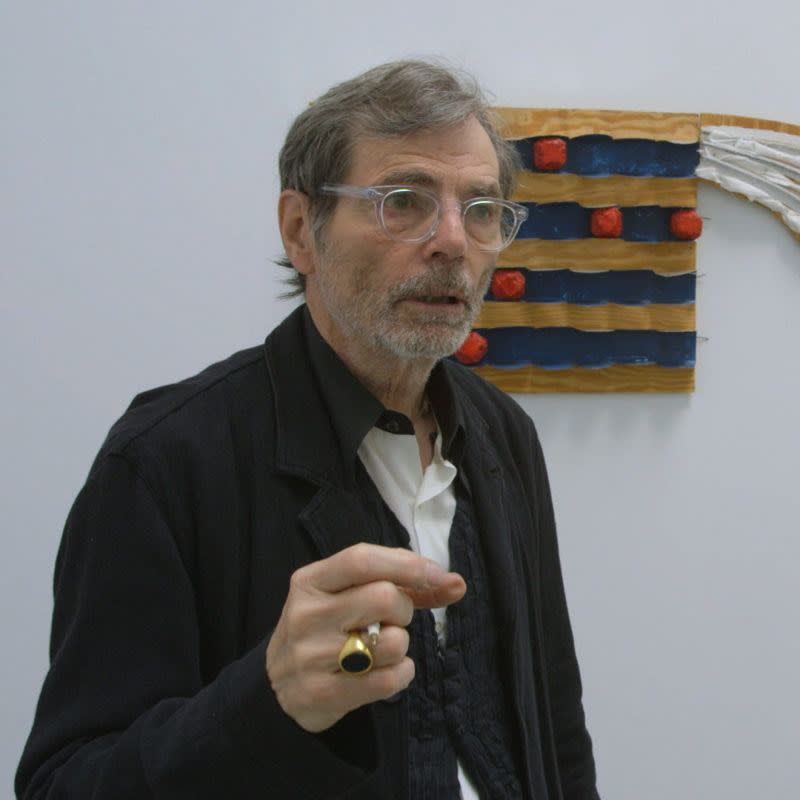Richard Tuttle US, b. 1941
Biography
"Everything in life is a drawing, if you want. Drawing is quite essential to knowing the self. Art that survives from one generation to the next is the art that actually carries something that tells society about self."
- Richard Tuttle
Richard Tuttle is an influential contemporary American artist. Working across media and disciplines, his works are characterized by their thoughtful subtlety. Tuttle’s compositions are formed through the carefully considered relationships between form, color, and material, generating a universe of intimate connections bridging the gaps between art, life, and thought. “If you’re going to be a visual artist, then there has to be something in the work that accounts for the possibility of the invisible, the opposite of the visual experience,” he has said. “A painting or a sculpture really exists somewhere between itself, what it is, and what it is not—you know, the very thing. And how the artist engineers or manages that is the question.” His aesthetic direction is often discussed within the context of Post-Minimalism, and his contributions to the contemporary art sphere are extensive. Tuttle has been celebrated by countless exhibitions and institutions, including his inclusion in numerous Venice Biennale, documenta, and Whitney Biennial exhibitions, and a major retrospective at the San Francisco Museum of Modern Art. Born in Rahway, NJ on July 12, 1941, Tuttle lives and works throughout the United States.
